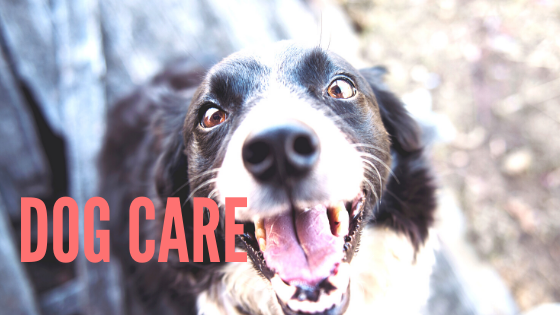Getting a new dog or puppy can be a time of great fun, but it can also be a time of anxiety and new responsibilities. Will this new addition to your family be easy to live with? Will he or she be finicky and hard to train? How will your new dog get along with children? A little research, time, and patience can help build a wonderful new relationship. Here are some tips on how to care for dog, that can help put things into perspective and help ease the transition from stranger into beloved family member.
Make sure you get a breed of dog that fits with your personal situation. If you have a family, of course, you will want an easy going and kid friendly breed. In regards to your living situation consider whether or not your living space can accommodate a big energetic puppy or a smaller mellower, maybe even older, dog?

Take your dog to the veterinarian for regular check-ups. This keeps your dog healthy and safe. If you do not have a vet, call a local shelter or other pet-owning friends for referrals. Give your dog a nutritionally balanced diet and plenty of access to water. Your vet can help you determine how much, how often and what kind of food your dog needs.
Give your dog plenty of exercise to keep him in shape. Dogs that get enough play time and plenty of room to run around live longer and have a sense of well-being. They also tend to be better behaved. Enroll your dog in a training class. Training ensures your dog can be a well-behaved companion, and it strengthens your bond with your new dog. It is important for your dog understand how to behave around people and other dogs.
Make sure your dog has tags and proper licensing. Your dog needs identification with your name and contact information as well as a license that shows that his shots are up to date. Hopefully, you will never have to deal with a runaway dog, but with the proper tags and license, you have a much better chance of finding him again. You might also consider micro chipping your dog. A microchip ID will give you a much better chance of finding your lost dog, as it can be scanned by a vet or animal shelter. Even if the collar gets lost, all your information can be found, and your dog can be more easily reunited with you.
Finally, be patient. Have reasonable expectations and remember most behavior problems can be solved.